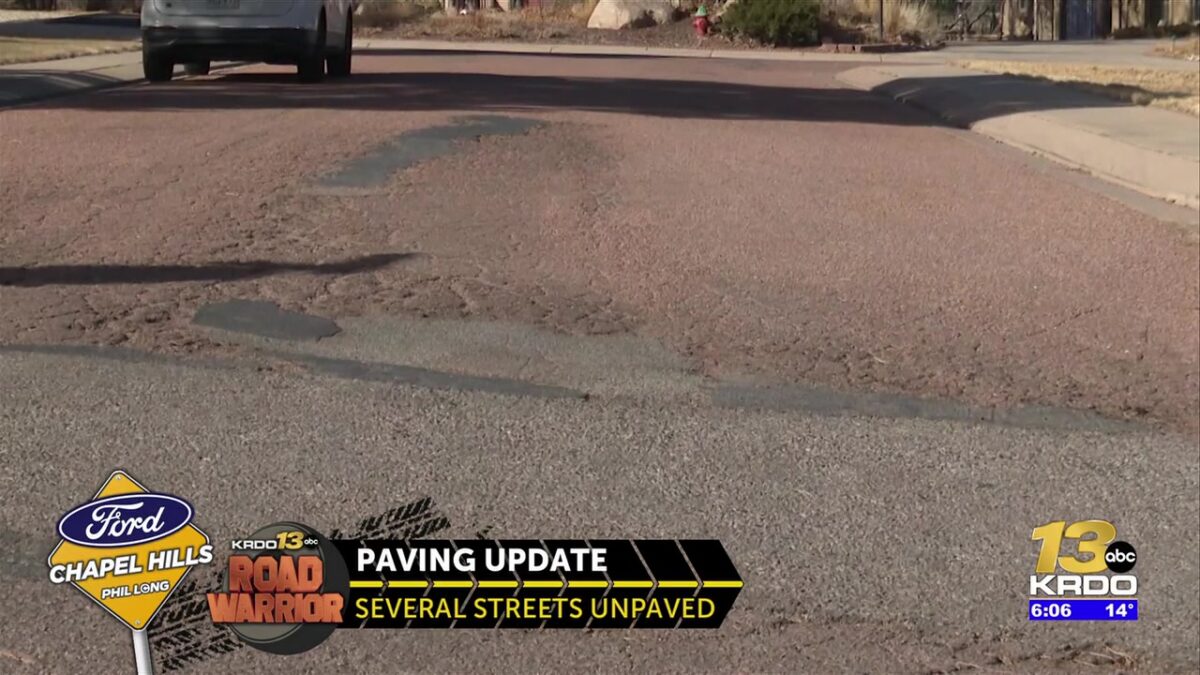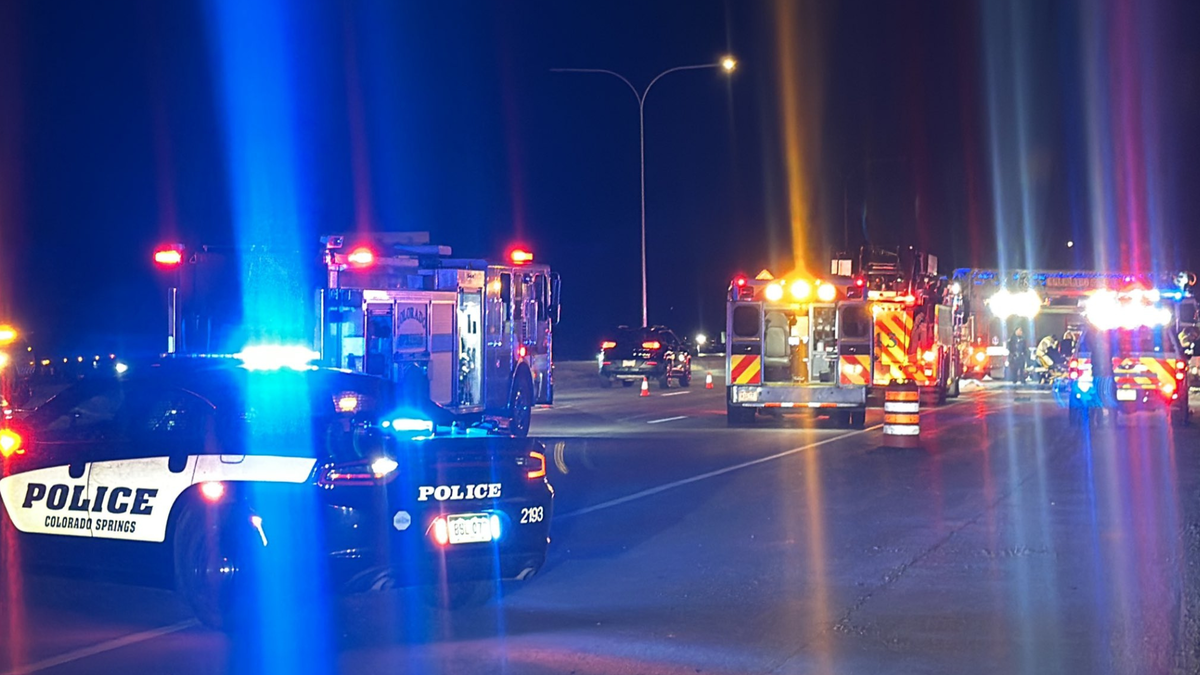The Colorado College hockey team and the Bamboo Effect
Rob Namnoum
There’s something growing at Colorado College, “That’s kind of the bamboo reference, right? It is the work kind of under under dirt right now,” says Colorado College Head Coach, Kris Mayotte.
Under the surface the CC hockey team has established roots, “I think its first six months very much the majority of the bamboo growth is all underground. It’s the roots and they get deeper and deeper and deeper and deeper. And then once it starts growing and sprouting above the dirt, it grows at six feet a day and so, you know, but it’s it’s the strength of the roots that allow that to happen,” says Mayotte.
With the relatively young team at CC, the bamboo isn’t going to grow overnight, “So when bamboo starts growing on the ground, it’s it’s slow and steady and you don’t really see it at first. Then once it gets sunlight and a little bit of water, then it just sprouts off and shoots off. So that’s kind of been our first half. We’ve been slowly, slowly building,” says Philippe Blais-Savoie.
“The roots are growing first and we’re kind of building something really strong, says Brayden Schuurman, and we have a firm foundation which is really going to set us up for success to, you know, really sprout in the second half.”
Coach Mayo admits he’s no expert on the subject, but like a panda, he believes in bamboo, “We truly believe that we are growing something special, that we’re not seeing the six feet a day yet. You know, there’s still a lot going on, even though we’re not seeing the results above the dirt yet. You just have to keep growing and trust that at some point when we sprout, we’re going to go fast,” says Mayotte.





















 USDA
USDA






